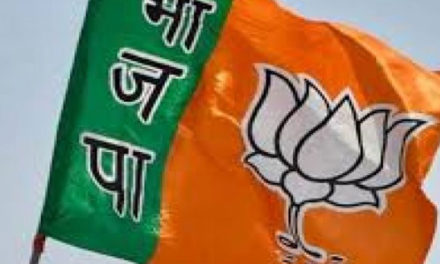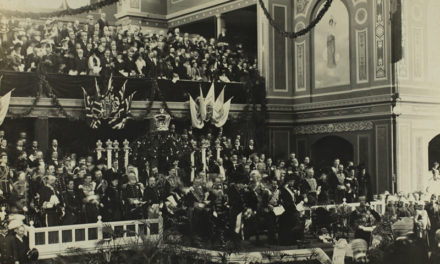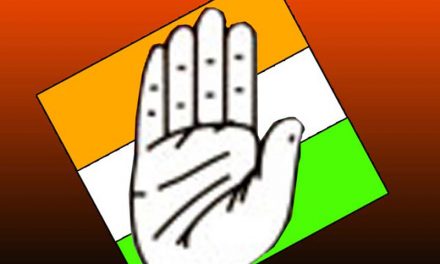A case for Contempt FORCourt ?
The word “justice” has a timeless aura which evokes memories of stories, myths, symbols and perceptions which have been embedded in our collective consciousness since ages.Those familiar with the history of Marathas are aware of the famous story of RamshastriPrabhune, the chief justice in court of Marathsin 18th century. Raghunath Rao, who was the uncle of narayan rao, the young peshwa on seat of Maratha kingdom was accused of murdering his nephew at the instigation of his wife for the sake of power.Ram Shastri’ role is well etched in history for being clear and unequivocal in his sentence that the only fit punishment for Raghunath Rao was “death sentence” and no less.
Those were the days of monarchy, and the Chief Justice was directly under the command of the ruler. It was his exemplary sense of duty and fearlessness that gave Shastriji the necessary courage to pronounce a judgement he seemed fit even if it went against his master. While this example is a shining example of independence and unbiased judicial conduct, the examples of the other extreme are unfortunately getting more common today. As a country we have made great progress in last 100 years. In all walks of public life, the level of respect enjoyed by Academicians, bureaucrats, government officers, and politicians has seen a steady erosion over the last few decades. The level of debates in parliament, the competence of legislators and the conduct of members both in state and central legislature has seen a steady decline.
Judiciary is probably the only institution, with an exception of thedefense forces, which has not seen similarlevels of decline in terms of stature and respect. It, however, seems that judiciary is now getting dragged into this unseemly pattern of decline of all institutions if one were to go by a spate of incidents involving Judiciary in the last one year. Some of the recent judgements, like the hurried bail in Salman’s case, or the acquittal of Jayalalitha, coming on top of the inordinate delays for every case has shaken the faith of common people. The inconsistency shown by courts in various cases, and the fact that high and mighty get away by manipulating and lengthening the process of courts will only expedite the decline of faith of common people in this institution.
We also see this tendency of court to overreach itself, on matters of policy and pull up government and other arms when it feels like, though it might be unwarranted in many cases. For example it made unnecessary observations in harsh language in the black money case regarding list of account holders and wanted it to be made public. When government submitted the list of account holders in sealed envelope to court, the court passed it to SIT without opening it even though SIT already had the list in its possession.It has passed strict observations on delay in cleaning Ganga and asked if government was sleeping all these years. It is amusing to see benches pontificate and pass observations on all aspects and preach to everybody while not being able to stem the rot within the Judiciary and not make enough progress on pendency of cases.
The number of holidays and leaves enjoyed by court has been often commented upon and one has not seen any moves by court to curtail this to improve on the pendency of cases. The common people have a right to ask if courts have been sleeping in clearing these cases. If one observes the comments posted online to all these cases where Courts have passed observations against government, it is striking to observe the number of comments which are criticizing courts and their habit to pass observations without paying attention to the delay in cases by courts themselves. Its tendency to treat itself as one completely above the scrutiny and to take affront at Centre’s plans for NJAC is one of the examples. It is clear that current process of appointment of judges is opaque and not full proof.
The resistance to the bill and recent action by CJI to recuse himself from the commission is unseemly to say the least. While we do want Judiciary to be devoid of influences and not buckle under pressure of government, transparency and consistency and lack of bias need to be the guiding principles here. “Contempt of Court” is a useful provision which is applied in different ways and norms in courts all over the world. We haven’t heard about similar provisions of “contempt of police” or “Contempt of Army” or “contempt of ministry”. It is time for judiciary to introspect and set its own house in order so it does not face the same levels of decline as faced by other institutions. If one does not see any course correction, the day is not far when people will get unified in their “Contempt FOR Court” and our esteemed judges will then be helpless to enforce the provision of “contempt of court”.










